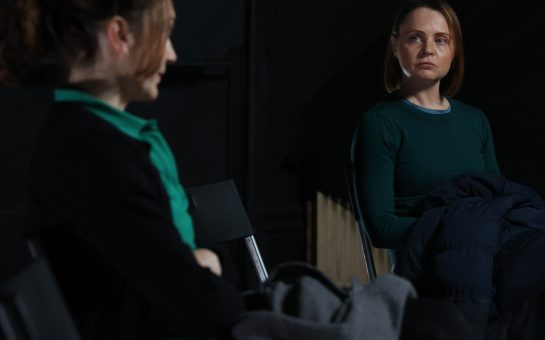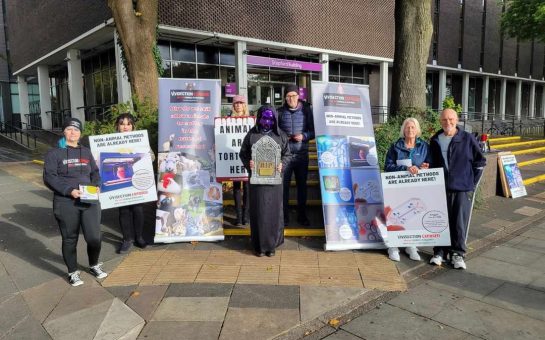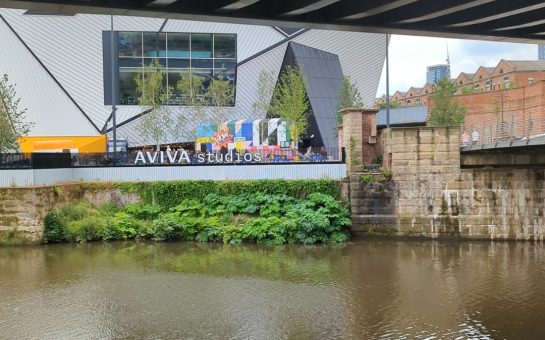A scheme allowing people to find out if their partner has a history of domestic violence has been used more than 1,300 times in less than 12 months.
Clare’s Law, named after Clare Wood who was murdered by her ex-boyfriend in 2009, came into force across England and Wales in March 2014.
MM have teamed up with Manchester-based solicitors Olliers, who explained how the law works and how widely it has been used.
Statistics
The figures, released following Freedom of Information requests, show there have been at least 3,760 applications under the law so far resulting in 1,335 disclosures. The true totals are likely to be higher, as three police forces elected not to release their statistics. The figures include both “right to ask” cases – where information was requested – and “right to know” cases – where police warn potential victims without being requested to do so.
Miss Wood was strangled and set on fire by her ex partner George Appleton at her home in Salford. Appleton had a history of domestic violence, however, Miss Wood was not aware of this. Miss Wood’s father said he was “quietly delighted” the legislation was being used and thought the use of Clare’s Law thus far was the “tip of the iceberg”.
He said: “All these people know about Clare’s Law, they’re going to tell another five, another dozen, and next year this is going to snowball.”
How it Works
Under Clare’s Law, otherwise known as the Domestic Violence Disclosure Scheme, both men and women can request information about their partner, or third parties such as friends or relatives can make requests if they have concerns.
Police and other agencies such as social services then consider whether releasing information on someone’s past is “necessary, lawful and proportionate” to protect someone from their partner. Reasons for information not being released include a partner not having a record of abuse offences, or there being no “pressing need for disclosure” based on the information found.
Numbers of Disclosures
Clare’s Law was rolled out in March 2014, following a 14 month pilot in Gwent, Wiltshire, Nottinghamshire and Greater Manchester. Outside the four forces involved with the pilot, Lancashire had the highest number of disclosures at 146, while Norfolk had the lowest, with five. The police figures show a large variation between forces in terms of the likelihood of requests being granted. More than 60% of requests in Greater Manchester led to information being released, compared with just 11% in Merseyside.
Hazel Blears, Labour MP for Salford and Eccles, said this suggested the law was being ‘applied in different ways’.
“I will be writing to the home secretary to ask what is being done to review its use and ensure best practice is shared across the country and the right decisions are made,” she said.
Polly Neate, chief executive of charity Women’s Aid, said: “Any woman asking for a disclosure under Clare’s Law is clearly already concerned about her relationship, and should be referred to a specialist service so she can get support with her concerns, even if no disclosure can be made.”
Do you have a question for the legal team at Olliers Solicitors?
Their specialist criminal lawyers – including a specialist motor law department – are ready to answer your questions for FREE. All you have to do is email them in to our newsdesk here: newsdesk (at) mancunianmatters (dot) co (dot) uk
You can find more about Olliers Solicitors here.
Image courtesy of Jaybird, with thanks.



